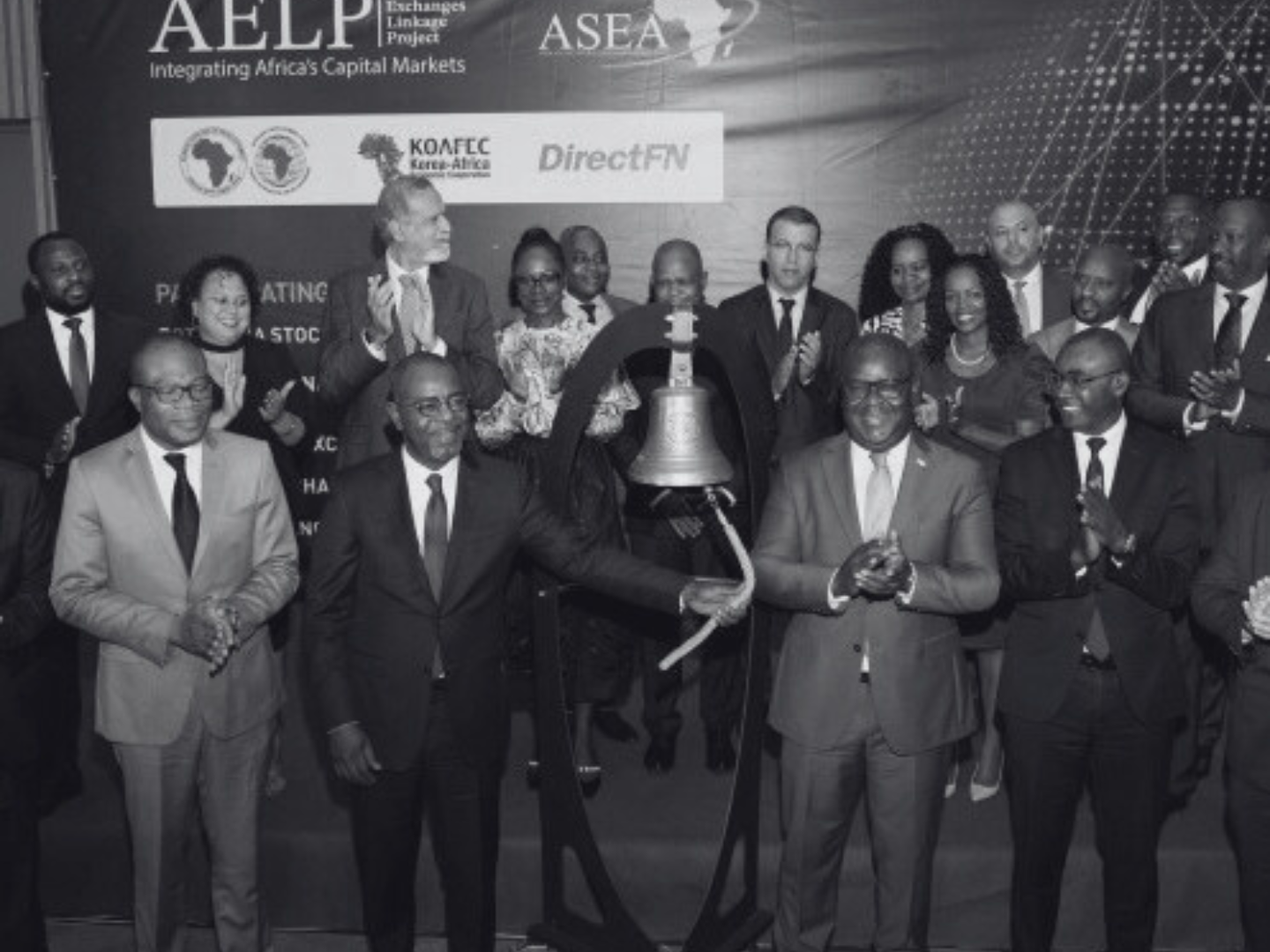
Fragmented Rules, Shared Markets: The Evolution of Digital Financial Services Regulation in East Africa
East Africa’s DFS landscape is transitioning from a narrative of inclusion to one of complex integration. Once the global pioneer of mobile money, the region’s platforms have scaled massively; one major provider alone now processes an annualised transaction value approaching $200 billion.

Fintech Independence: MTN Uganda’s Structural Shift
Following board approval in March 2025, MTN Uganda shareholders consented to the unbundling of MTN Mobile Money (MoMo) at an extraordinary general meeting on 22nd July 2025. This follows a broader pattern. In neighbouring Kenya, persistent pressure continues to build for the separation of the country’s largest mobile money platform, M-Pesa, from its telecom parent, Safaricom.

Yuan Express: What Kenya’s Ditching of the Dollar on its Chinese-Built Railway Means
Kenya has made a bold and unprecedented financial move by converting its multi-billion-dollar Standard Gauge Railway (SGR) loan from the Export–Import Bank of China from US dollars to Chinese Yuan. What might appear to be a mere accounting adjustment is, in fact, a decision that might save Kenya hundreds of millions of dollars annually while drawing Kenya closer into China’s financial orbit.

Turning Minerals into Fiscal Muscle: The Role of Sovereign Wealth Funds in Debt Financing
Across the world, countries have turned their natural resources into financial strength through Sovereign Wealth Funds (SWFs). Built from oil, gas, or mineral revenues, these funds provide stability during commodity price swings, safeguard savings for future generations, and create cushions that help governments manage debt more sustainably.

Demystifying Central Bank Digital Currencies: The East African Opportunity
Money is more than coins and paper; it is the language of trade and a reflection of sovereignty. And, as we enter an increasingly digital era, the very nature of money is changing. At the heart of this transformation lies the idea of the Central Bank Digital Currency (CBDC).

From Savings to Securities: A Case For Tax-Free Investment Accounts
In 2024, MTN Uganda’s mobile money platform recorded a daily transaction volume of UGX 435 billion – approximately $123.1 million. On the other hand, in August 2025, the Uganda Stock Exchange recorded a daily trading volume of just UGX 17.63 million – approximately $5,000. The gaps highlight a disconnect in East Africa at large.

From Silos to Scale: How Cross-Border Capital Markets Could Shape East Africa’s Financial Future
A thriving financial future for East Africa is not a distant dream; It could be what we build today. East Africa’s combined Gross Domestic Product (GDP) presently stands at around $512 billion. Kenya leads at $131.7 billion, and Ethiopia follows closely at $117.5 billion. However, capital markets in the region remain microscopic.

Unlocking County Capital: Why Subnational Bonds Could Reshape Kenya’s Fiscal Future
In 2021, Laikipia issued Kenya’s first county infrastructure bond, raising KSh 1.16 billion from private investors. It was a test of law, process, and public trust. Imperfect, yes, but proof of concept all the same. It showed that with structure, transparency, and resolve, counties can access capital markets on their own terms.

Brick by Brick: Evaluating The Merit Of Real Estate As East Africa’s Favourite Asset
Across Uganda and Kenya, real estate is more than just an investment – it’s a symbol of identity, security and legacy. From gated communities in the suburbs of Kampala to Airbnb rentals on Kenya’s coast, the region’s property boom has been fuelled by a perfect storm of demand from demographics, tourism and the diaspora.




















